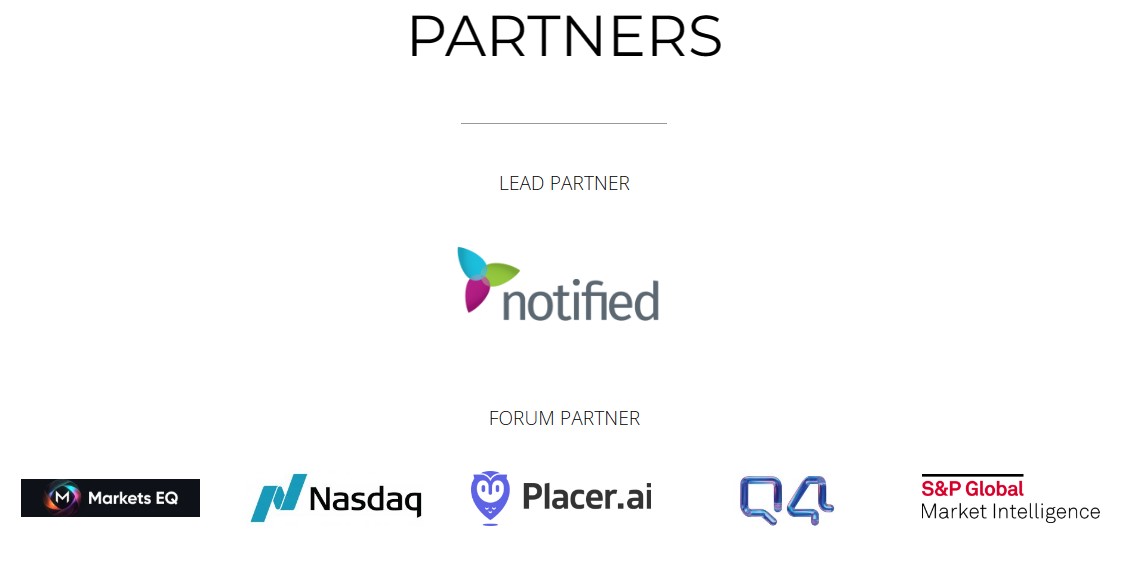Artificial intelligence (AI) will free up investor relations to focus on the relationship-building that makes the IR role so important. That was the key message from Grant Bartucci, a corporate access and research specialist who spent more than a decade at Point72 Asset Management, speaking at IR Magazine’s AI for IR Forum in New York on December 1.
‘AI can make your job more efficient and more productive,’ he said. The efficiencies gained through the use of AI tools can allow IROs to ‘spend time on the things that make the role as valuable as it is: talking with investors, being strategic about who you’re talking to. Being able to think about what your investor base is, what your messaging is.’
Click here to download Artificial intelligence and investor relations: A roadmap for successful and responsible implementation to learn about the risks and opportunities AI presents for IR and how your peers are already using the technology.

Talking about how the buy side has been harnessing technology – including AI – for years, Bartucci stressed that the brighter spotlight on AI since ChatGPT went mainstream shouldn’t scare off the IR community. Nor should it push people to spend excessive amounts of time trying to ‘talk’ to machines.
‘AI tools have been present on the buy side for many years,’ Bartucci pointed out. ‘And it’s really an efficiency standpoint: they’re used to elevate the role of the research analyst and investor. They’re not at a point where people are asking ChatGPT which company to invest in.’
Tech has in fact become so ubiquitous on the buy side that an analyst would struggle to be competitive without it, he added. ‘As a research analyst, if you’re coming in with no ability to utilize large-language models and data analysis, you’re just going to be so far behind that you won’t be able to succeed,’ he warned.
Talking to the machines
The proliferation of AI on the investment side means machines are already impacting your stock, of course. But Bartucci advised IROs against crafting messages for computers to read.
‘Already, when a company comes out with an earnings press release, the computers are analyzing it and the stock is up or down 20 percent. Before a human has even read it,’ he said. ‘But the idea of trying to play to a computer analyzing your messaging? I just don’t think that’s worth the time.’
Instead, he stressed the huge value that remains in the human touch – as well as pointing to the areas where AI simply can’t contend.
‘Investors always have a thesis going into a meeting, a way they’re thinking about a company,’ he told the audience. ‘And they need to test that thesis. If they get canned responses from some generative AI function, that’s not going to inform their decision-making – and they’ll probably be less inclined to make an investment.’

The average investor
Pointing to the huge datasets analysts are grappling with, Bartucci said the ‘average investor at a large, active manager is covering anywhere from 30 to 50 different companies. There’s so much data on each of those companies, tools are constantly being developed to take advantage of that.’
But he added: ‘If you ask the average investor – especially on the active management side –nothing replaces the ability to talk to a management team to understand how it thinks about the market, how it thinks about its industry and how it thinks about its business.’
The AI for IR Forum saw a whole range of AI topics tackled, from ethics, compliance and risk management to first steps IR teams can take to implement the technology and how AI can drive better collaboration. Click here for more information on the event or here to download the IR Playbook titled Artificial intelligence and investor relations: A roadmap for successful and responsible implementation.











